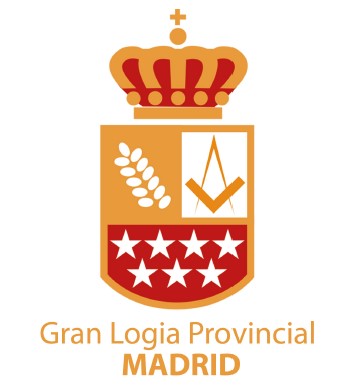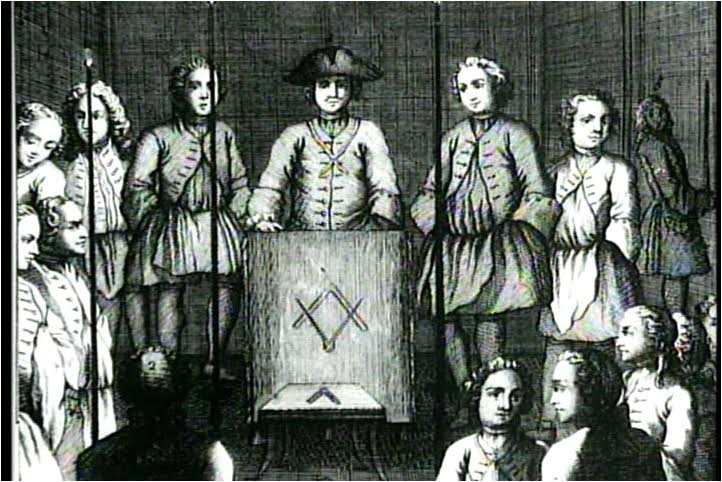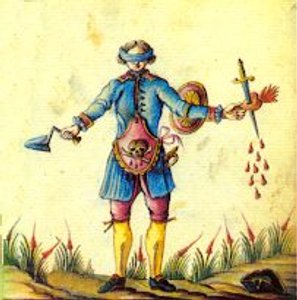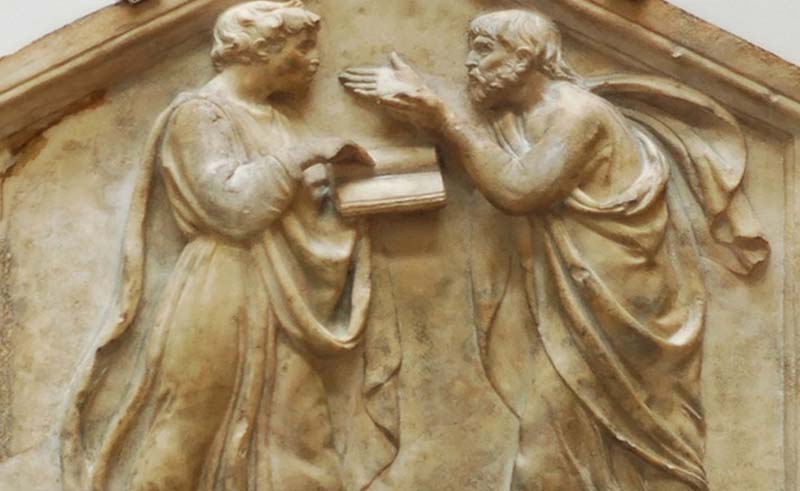Discretion in Freemasonry
Jean Crozet’s notebook reflects Aristotle’s famous quote: “Man is the master of his silences and the slave of his words.” During the initiation ritual, candidates solemnly pledge never to reveal any Masonic secrets, whether learned or entrusted in the future.
Discretion is emphasized from the beginning of Masonic life. Freemasons are bound to abstain from revealing anything about Lodge rituals, recognition, or activities. The apprentice is encouraged to cultivate reserve and avoid bias. While many Masonic practices have been publicly documented, the esoteric aspect remains difficult to disclose, as understanding requires personal effort, discipline, and internalization.
Freemasonry’s discretion also stems from historical persecution. Members have faced imprisonment and even death, particularly during events like World War II. Thus, revealing another member’s affiliation is prohibited, leaving each individual free to disclose their Masonic membership while respecting others’ privacy. This discretion ensures safety and tranquility, allowing Freemasons to focus on their work without undue external interference.
Masonic Secrets
Freemasonry is often misunderstood as a secretive organization. However, its secrecy pertains more to accessing knowledge gradually, through tools and effort. The apprentice discovers truths through personal study, ritual observation, and reflection, revealing secrets that are ever-evolving and intimately tied to the initiation process.
Silence is a fundamental virtue. During initiation, apprentices are symbolically deprived of speech, encouraging inner dialogue, patience, and the cultivation of wisdom. This parallels the alchemical process of transformation, symbolizing death and rebirth, central to Masonic rituals.
Public Engagement
Despite its discretion, Freemasonry publicly promotes values such as fraternity, solidarity, and the pursuit of the common good. By emphasizing shared virtues, Freemasonry seeks to build bridges with society and counter misconceptions.
Freemasonry’s roots lie in ancient guilds and chivalric orders, preserving their values within the collective unconscious. Achieving a balance between discretion and public engagement is essential, making discretion a natural way of living rather than a burden.
Conclusion
Freemasonry integrates discretion and respect for privacy into its practice, fostering a commitment to humanity’s moral and spiritual growth while protecting the sacredness of its rituals and symbols. This balance reflects Freemasonry’s dedication to the construction of the inner temple.
ACP






